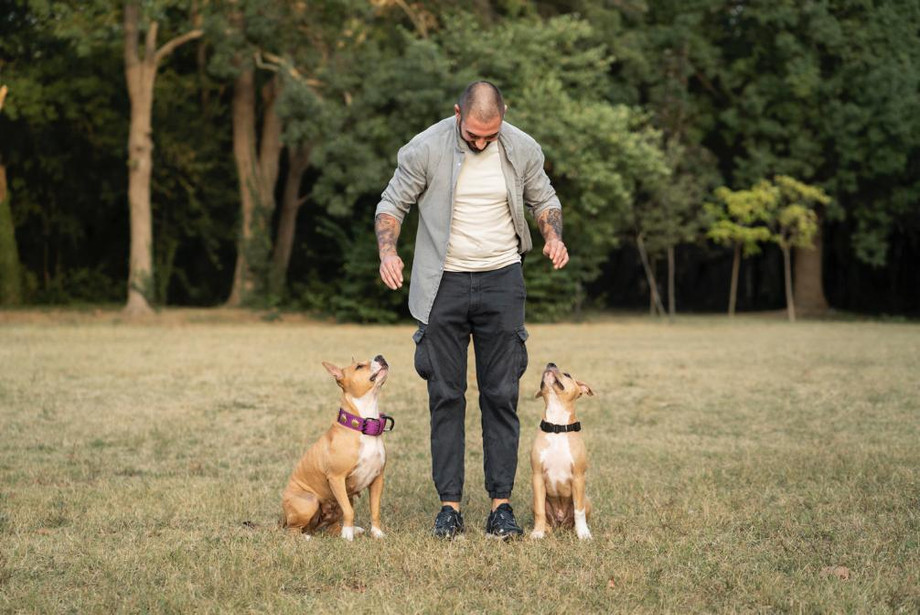Bringing a new furry friend into your life is a joyous occasion, but it also comes with the responsibility of training them to become well-behaved and obedient companions. Effective dog training is essential for fostering a strong bond, ensuring their safety, and promoting positive behaviors. In this article, we delve into the world of dog training and explore the benefits of investing time and effort in this process. From basic obedience commands to addressing behavioral issues, proper training techniques lay the foundation for a happy and harmonious relationship with your canine companion.
Building a Strong Foundation with Basic Commands
The foundation of any successful dog training program lies in teaching basic commands. These commands, such as "sit," "stay," "come," and "heel," establish clear communication between you and your dog. Basic obedience training provides your dog with structure and helps them understand what is expected of them in various situations. It also lays the groundwork for more advanced training techniques. Teaching these commands using positive reinforcement methods, such as treats or praise, encourages your dog to learn and perform the behaviors willingly.
Addressing Behavioral Issues
In addition to basic commands, dog training plays a crucial role in addressing behavioral issues. Whether it's excessive barking, separation anxiety, aggression, or destructive behaviors, training techniques can help modify and correct these issues. Understanding the root cause of the behavior and implementing appropriate training methods, such as desensitization, counter-conditioning, or redirecting attention, can effectively address and resolve these challenges. Consistency, patience, and positive reinforcement are key when working with behavioral issues, allowing your dog to develop new, desirable behaviors and overcome problematic habits.
Promoting Socialization and Positive Interactions
Proper dog training includes socialization, which is crucial for helping your dog develop positive interactions with other dogs, animals, and people. Early socialization introduces your dog to various environments, sounds, sights, and experiences, reducing the likelihood of fear or anxiety-related behaviors. Socialization also promotes confidence, teaches appropriate play and greeting behaviors, and enhances their ability to adapt to new situations. Through controlled exposure and positive reinforcement, you can create a well-rounded and sociable companion that is comfortable in a wide range of social settings.
Bonding and Trust-Building
Training sessions provide an excellent opportunity to bond with your dog and build a foundation of trust. Dogs are pack animals and naturally seek guidance and structure from their human family members. Positive training methods that focus on rewards, praise, and consistency create a nurturing and trusting environment. Training sessions become interactive and enjoyable experiences, strengthening the bond between you and your dog. This bond is essential for effective communication, understanding each other's cues and body language, and fostering a harmonious relationship built on trust, respect, and mutual affection.
Continuing Education and Advanced Training
Dog training is an ongoing process that extends beyond basic obedience commands. Once your dog has mastered the fundamentals, you can explore advanced training techniques and activities such as agility, scent detection, or obedience competitions. These activities provide mental stimulation, challenge your dog's abilities, and further strengthen the bond between you. Advanced training not only keeps your dog mentally and physically engaged but also promotes continued learning and growth. It allows you to tap into your dog's natural instincts and abilities, channeling their energy into productive and enjoyable activities.
For More Info:-






Comments